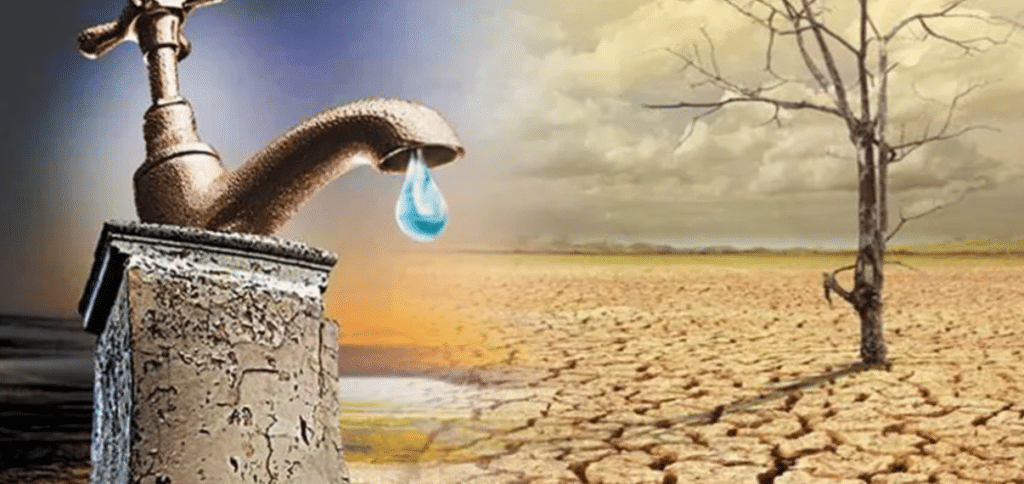ISLAMABAD: With groundwater rapidly depleting in Balochistan and traditional irrigation methods becoming unsustainable, experts and stakeholders are calling for an urgent shift to solar-powered solutions.
They say groundwater levels in Balochistan are falling fast. They say solar power can cut costs for farmers and protect water resources in the long term.
To support this transition, the International Water Management Institute (IWMI) has launched two digital tools:
Solar Suitability Mapping (SSM)
Solar Irrigation Pump Sizing Tool (SIP-ST)
These tools help farmers and decision-makers use solar energy more effectively. IWMI introduced the tools during two workshops held in Balochistan. The European Union, the Government of Balochistan, and CGIAR’s Climate Action and Policy Innovation programs supported the events.
The first workshop focused on solar-powered irrigation as an alternative to costly diesel and electric tubewells. Experts highlighted that solar is cheaper, cleaner, and more reliable in the long run.
Dr. Mohsin Hafeez from IWMI said, “Solar irrigation saves more than energy. It helps farmers tackle water scarcity and climate change. But success needs strong links between science, policy, and communities.”
Dr. Sardar Mohazzam from the National Energy Efficiency and Conservation Authority (NEECA) also spoke. He emphasized the strong link between energy and water. “Solar irrigation is a smart, necessary step for water-stressed regions like Balochistan,” he said.
The second workshop focused on using water wisely. Experts noted that over 90% of Pakistan’s freshwater goes to agriculture. They stressed the need to make every drop count.
IWMI also shared lessons from Punjab. It proposed creating a Water Productivity Atlas for Balochistan to help improve water use.
Dr. Muhammad Ashraf from IWMI said, “Data without action is useless. We aim to equip Balochistan with tools and knowledge for a better, climate-resilient future.”
Also Read: Balochistan’s largest govt hospital converts to solar energy
The workshops ended with a strong message: solving Balochistan’s water crisis will require teamwork, accurate data, and long-term planning.





